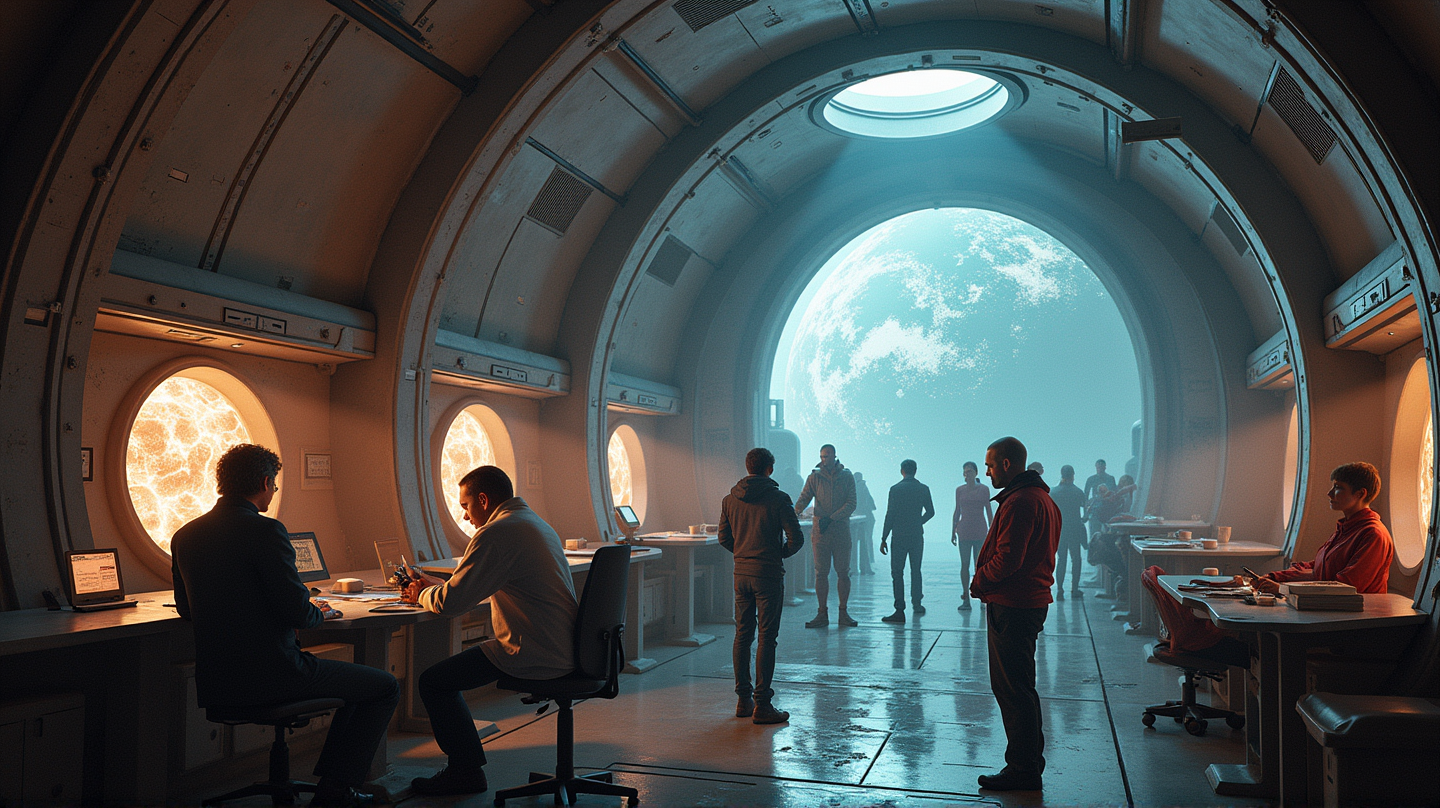Why Deep Space Nine Continues to Resonate: A Comparison with The Next Generation
Explore why Deep Space Nine's handling of modern themes, critical storytelling, and dynamic character arcs have made it more relatable over time.

When discussing the giants of sci-fi television, Star Trek: The Next Generation and Star Trek: Deep Space Nine often come up hand in hand. However, as time passes, fans and critics find themselves returning to Deep Space Nine with a deeper appreciation. What makes this particular series more resonant, even decades later? According to Redshirts Always Die, here are three reasons why Deep Space Nine might just be the unsung hero of the Star Trek universe.
Modern Themes in a Futuristic Setting
Deep Space Nine excels in weaving modern problems into its futuristic narrative. The show’s exploration of themes like religion, war trauma, and personal destiny through its multidimensional characters creates a lasting connection with viewers. Unlike the brief glimpses often provided in The Next Generation, Deep Space Nine immerses its audience in these issues, making them feel as if they are experiencing these challenges alongside the crew. This depth in storytelling has allowed Deep Space Nine to remain highly relatable and impactful.
A Critical Perspective on Idealistic Futures
While The Next Generation painted a hopeful and utopian picture of the future, complete with groundbreaking technology and strong Federation ideals, it occasionally sidelined darker themes. Deep Space Nine isn’t afraid to delve into these shadows. From examining the effects of occupation to critiquing cultural repressions, this series provides a more nuanced and realistic portrayal of interstellar life. Such bold storytelling resonates with modern audiences who crave complexity and authenticity in their narratives.
Evolving Character Arcs
One of the most compelling aspects of Deep Space Nine is its dynamic and organic character arcs. While characters in The Next Generation experienced growth, it often occurred off-screen or seemed abrupt. In contrast, Deep Space Nine invites its viewers to witness and empathize with its characters’ journeys, like Kira Nyres’ efforts to overcome her traumatic past and develop trust in her crew. This approach not only adds realism but also deepens the emotional engagement with the narrative.
Both series hold treasured spots within the Star Trek legacy, but it’s clear that Deep Space Nine offers something uniquely enduring. Through its bold examination of humanity’s struggles and triumphs, it remains a beacon for storytelling that challenges as much as it entertains.

